The idea that we are living in a simulation has become commonplace. Elon Musk, for example, thinks it is almost certain we are living in a simulation. But the simulation hypothesis comes up against insurmountable problems, and is, in the end, an excuse for us not to sort out our real moral failings, writes Marcelo Gleiser.
The matrix of our shared reality is glitching. Given the absurdity of current events, it sometimes feels as if some time traveler from the future or perhaps an alien kid is fooling with the fabric of society, pushing it to the edge of chaos. Could we really be mere pawns in the hands of some sadistic virtual game player? Unpredictable weather events wreaking havoc across the globe; widespread political polarization stretching democracy to its limits; Putin destroying huge parts of Ukraine while the rest of the world watches, essentially paralyzed, throwing sanctions and weaponry that are clearly not being effective short term; a pandemic that stopped the world dead on its tracks for 2 years, killed over 6.7 million people so far and is still going around, while people essentially are giving up on it. So, if we do live in a simulation, our puppet masters are truly evil creatures. Or perhaps we don’t, and humanity is overdue for a deep reset of its moral standards before it self-combusts in a puff of exploding rage.
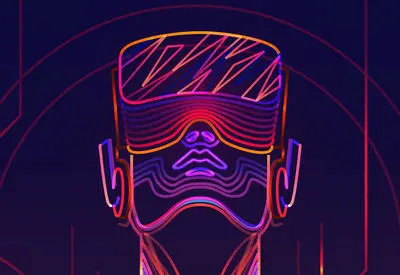 SUGGESTED READING
Is this real life, or The Matrix?
By Anandi Hattiangadi
SUGGESTED READING
Is this real life, or The Matrix?
By Anandi Hattiangadi
To most people trying to make a living, pay bills, or fight an illness, spending time considering that our reality is not the “real thing” but actually a highly sophisticated simulation sounds ridiculous. “I wish smart people would focus on real-world problems instead of this nonsense,” someone close to me recently told me. Despite being a scientist that uses computer simulations on my research, I sympathize with this. It’s way too convenient to blame our current mess on powers beyond our control. In fact, this sort of “not my fault” sounds a lot like the religious “it’s God’s will.” Not our fault, not our responsibility, “they” are doing this to us.
Of course, philosophers who consider such problems do so because they are interesting per se and raise questions about the nature of reality and our perception of it. Their motivation is not to take the blame away from our own doings. They are interested in telling what’s real from what’s not, or whether that’s even possible. Surprisingly, the more you think about the simulation question, the harder it is to answer. For example, what you see of the world before and after 3 pints of beer changes. Some cultures see a tree as a spirit and others as an irrelevant chunk of wood to burn as fuel. Which world is the “real” one?
___
Bostrom’s point is that if our species survives the transition to a new, posthuman phase, the “new us” will have unimaginable computational powers, and running realistic simulations will be a given
___
The simulation question started with a 2003 paper by Oxford philosopher Nick Bostrom, Are We Living in a Simulation? Bostrom, reasoned, compellingly, that given our own proficiency with computers and virtual reality, one of the following propositions must be true:










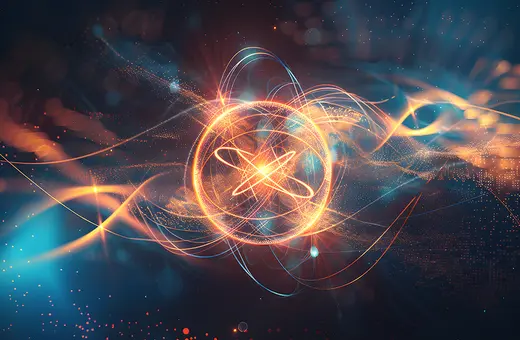

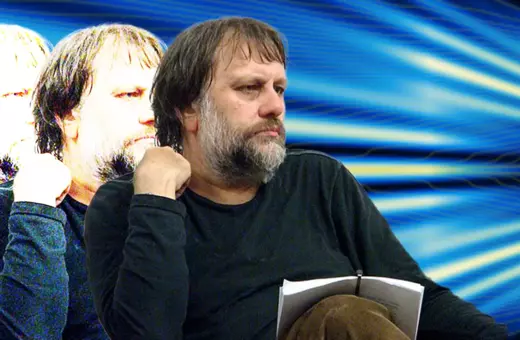
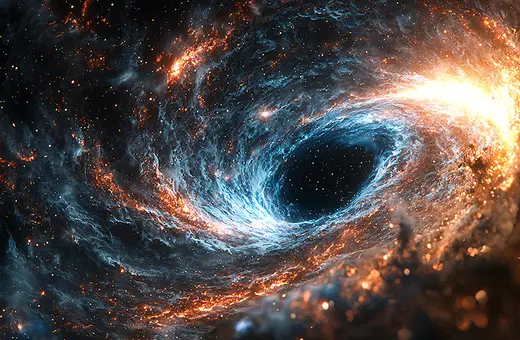
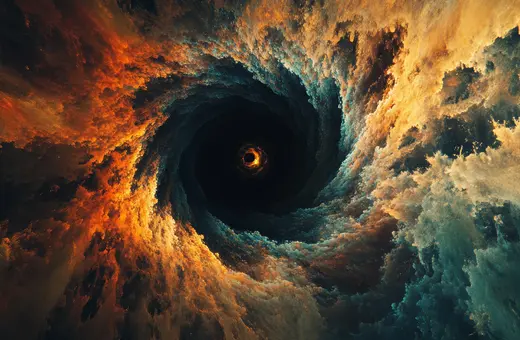






Join the conversation